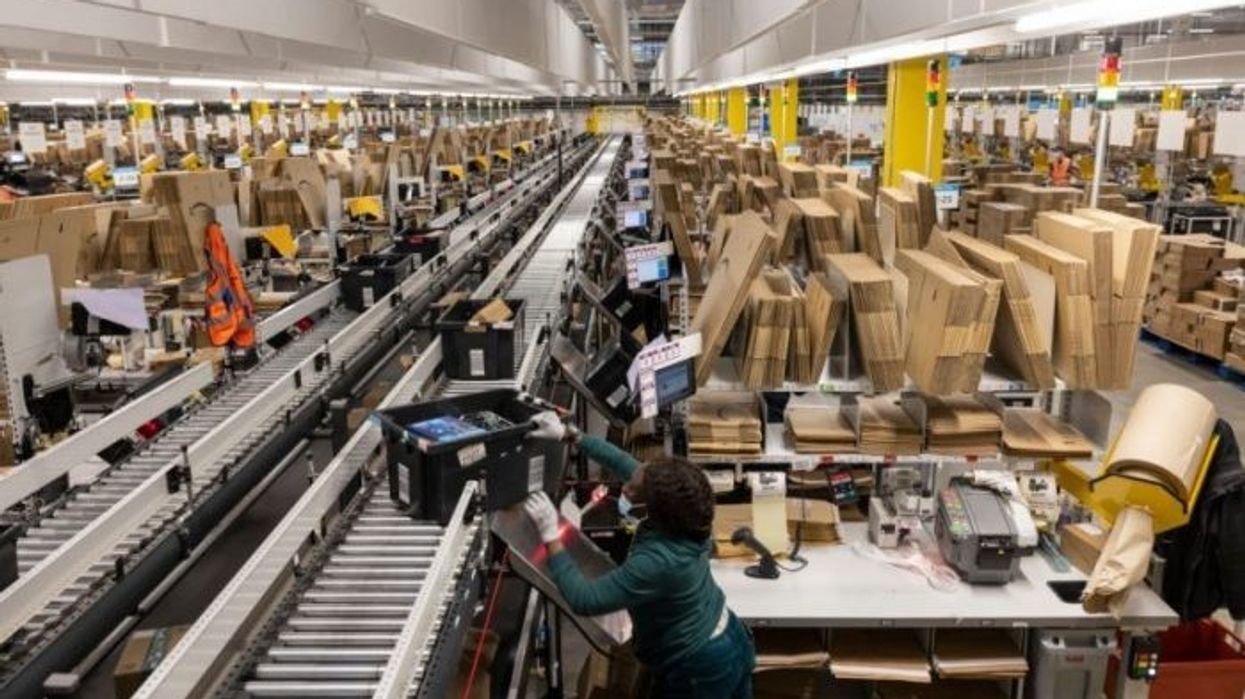Amazon on Wednesday (2) said it created 25,000 permanent jobs in the UK last year, more than double the anticipated amount, as the coronavirus pandemic triggered a worldwide boom in online shopping.
As the US e-commerce giant prepares to unveil another set of gigantic earnings Thursday (3), Amazon said in a statement that its UK workforce now stood at more than 70,000 staff.
The group had in May said it was planning 10,000 new UK jobs in 2021.
"We are proud to have created so many new permanent jobs across the UK in the last year," Amazon UK Country Manager, John Boumphre, said in the statement.
Amazon added that it plans 1,500 new apprentice positions this year, where recruits study while carrying out their jobs.
Last month, the US firm said that is reconsidering a decision to ban payments in the UK made with Visa credit cards, as the pair seek to resolve a dispute over fees.
Amazon's plan because of "high" fees has been put on hold, a statement said.
"We are working closely with Visa on a potential solution that will enable customers to continue using their Visa credit cards on Amazon.co.uk," Amazon said in January.
A Visa spokesman added that the two companies are working "closely together" to reach an agreement.





